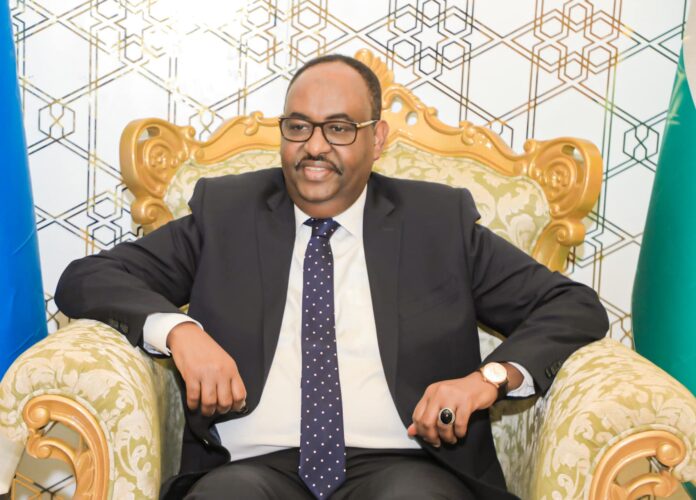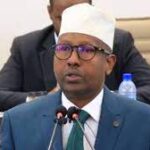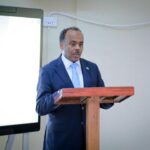GAROWE, Somalia – In a significant development within Somalia’s complex political landscape, Puntland State has openly rejected the outcomes of the National Consultative Council (NCC) meeting held in Mogadishu.
This move highlights the deepening divisions and disagreements among the federal member states of Somalia, particularly in relation to constitutional amendments and the ongoing political processes.
The National Consultative Council, a body comprised of federal and regional state leaders, recently concluded a four-day meeting in Mogadishu. The meeting aimed to address key national issues, including the controversial constitutional amendments, the fight against Al-Shabaab, and the handover of security responsibilities after the African Union Mission to Somalia (ATMIS) departs.
However, the most significant outcome of the summit was the endorsement by the Federal Member States (FMS) of the amendments made to the Constitution’s first four chapters in late March. The federal member states urged parliament to expedite the approval of the remaining chapters, building on past National Consultative Council (NCC) agreements.
Puntland State, however, did not participate in the meeting. The regional state has been at odds with the Federal Government of Somalia (FGS) over constitutional changes, and its absence from the NCC meeting reflects the ongoing tensions between the two entities.
Puntland State leader, Said Abdullahi Deni, has voiced opposition to the communique made at the end of the NCC meeting, stating that the four-day meeting “lacked consensus” and did not serve the interests of the Somali nation.
Deni also highlighted the ongoing insecurity in many parts of Somalia and the “lack of taking into account the prevailing opinion of the general public against the contentious constitutional amendments.”
This development comes amid reports that the National Consultative Council meetings failed to bridge the divisions within President Hassan Mohamud’s administration, particularly with Puntland boycotting the summit and withdrawing recognition from the FGS.
The situation underscores the challenges facing Somalia as it seeks to navigate its political and security challenges, with the need for consensus and inclusivity becoming increasingly apparent.
The international community will be watching closely as Somalia grapples with these internal divisions. The African Union and the US have backed the territorial integrity of Somalia and urged all parties to cool tensions.
The success of these diplomatic efforts will not only benefit Somalia and its federal member states but also contribute to the broader stability and prosperity of the Horn of Africa region.





